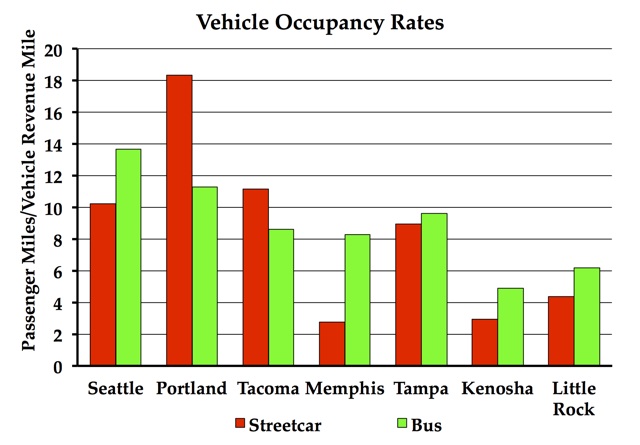On Tuesday, June 25, the Supreme Court issued a decision that helps protect people’s property rights from greedy municipalities. That decision ticked off Vermont Law School Professor John Echeverria, who considers it a blow to “sustainable development.” Like many recent property rights cases, the decision was made on a five-to-four vote.
In the case, a Florida property owner named Coy Koontz Sr. wanted to fill and develop 3.7 acres of wetlands. To mitigate the wetland fill, Koontz offered to put 11 acres of his property (about 75 percent of the total) under a conservation easement. But the St. Johns River Water Management District denied the permit, saying it wanted either 13.9 acres of Koontz’s land (leaving him less than an acre, or just 5 percent of the total) for development) or for Koontz to spend a bunch of his money helping the district restore wetlands elsewhere.
Koontz took this to court, citing the Supreme Court’s Nollan and Dolan decisions. In those cases, permits were granted on the condition that the property owners give some of their land to the public. The Supreme Court had held that this was an unconstitutional taking of private property.









